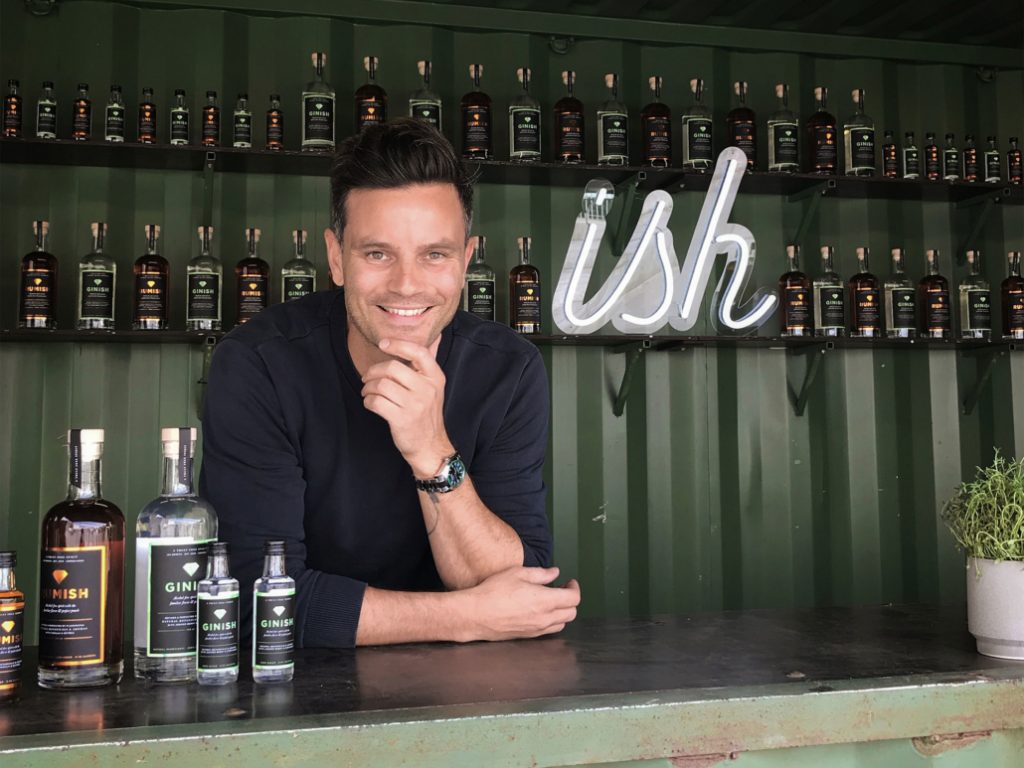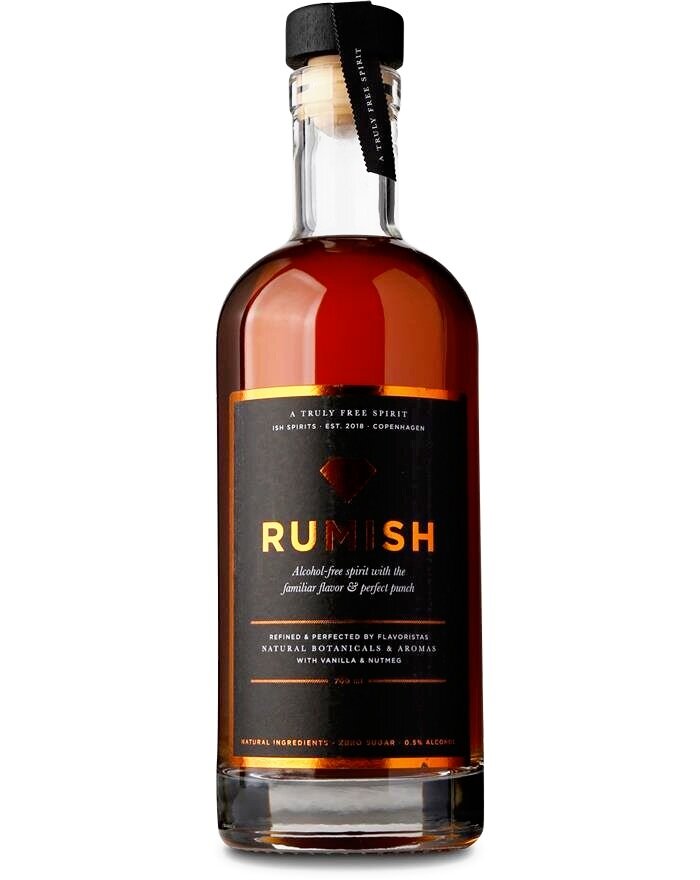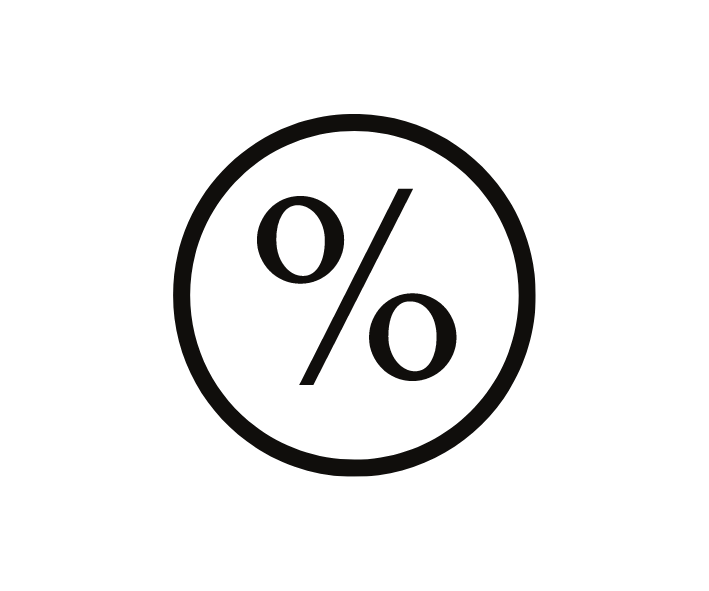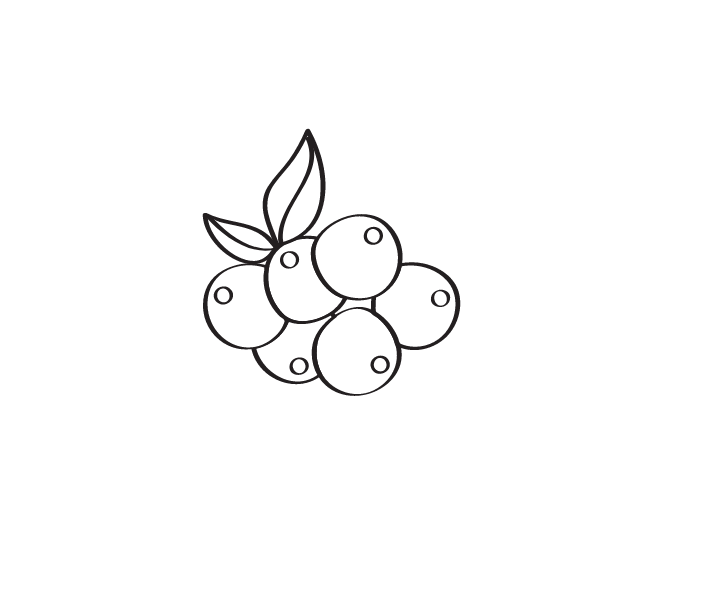
Hello Morten, …
How much time did you dedicate to the creation of -ish spirits? For any reason I have the impression it was quite a fast process?
I had the idea of starting the brand in 2017 after I decided to quit alcohol for 100 days. And what was difficult was not not drinking alcohol but find a satisfying alternative. If ou feel like having a beer, they are many alternatives, but if you feel like a G&T, there were not so many alternatives at that time. So I decided to do it and worked with someone who had an experience in flavour. And we developed Ginish and Rumish. What was important was: it has to have the right flavour, it has to be natural, it has to be satisfying. That’s why the capsicum, the chili came in. It took about a year to get it right.
So you hadn’t prior experience as a distiller before? You were not working in that field?
No, I came form the branding world, i was selling brands’ stories, making them look good from my computer. (..) My partner were, are actually no distillers but flavorists basically. They are flavours experts. We ruled many flavours out until we had those which were actually portraying what gin or rum was for me. I worked with their facilities from the beginning on as I knew I wanted to do it on a larger scale so it made more sense to start with bigger facilities too. Now we still work with them but we also have our own R&D person in house, creating and optimising new products.
How would you describe the expertise needed to create a non alcoholic adult beverage? You said already it has a lot to do with flavour for you?
Yes, those products are about flavour. But the other things that are important is: natural ingredients and low sugar level. We are not fully organic yet but we will. Sugar is always tricky as we want to avoid it but it does make the drink taste better.
How far in the transparency are you going label wise? It may indeed help people to be less suspicious ?
We disclosed all the ingredients, at least all the compound ingredients otherwise it frightened consumers, or make them unnecessarily confused. And we may change these politics when the market changes and become more mature.
Let’s talk techniques. For example for rumish? Which techniques do you use? Distillation? Maceration?
We used three different techniques. One is like percolation (extruding the flavour), vacuum steam distillation, classic distillation according to the components. Juniper for example, if you infused with water you will get one result, if you use a little bit of alcohol, as a carrier it will open a little more, and you get a totally different profile, you get more juniper out.
We also use glycerol to keep it stable. So far, we get the best results when we keep a tiny amount of alcohol, still.
It will be nice to keep it 0% but if we did that we would have a less interesting product.
If I’m asking as per the alcohol role in your products, it is to make clear, that in the case of Rumish for example, it is not a rum from which alcohol as been removed. It is an entirely new process, and not even every ingredients requires to use alcohol. Just some of them, am I right?
Totally. We work from scratch to create a new product, we build it from the ground up. It is very closed as making bread. We work with reverse osmosis for our wines though. It works pretty well with sparkling wine we find.

What would you say is the main challenge in making a non alcoholic adult product?
I would say it’s educating the consumer. We have a very high conversion rate when people try the products. The work is to make sure they can try it! If you take a product like Rumish it is not intended to be drunk neat. But some consumers would think thy can have it neat and then would be disappointed. So education is necessary to convey how to drink Rumish for example.
And of course you have all the challenges that goes with starting up a company! We’re into a new funding round now for example. Liquidity is important as there are so many products we would like to work on. We just not have enough hands. (…) You also have to learn how to make things one by one.
It’s interesting that you mentioned education. The reaction I hear often is: « i could do this in my kitchen » or « this is just flavoured water »?
But it is right. It is flavoured water! But so is Coca Cola. And a typical gin or a typical rum, it’s also flavoured ethanol. So yes it’s flavoured water because we do not use ethanol. But ours taste really better! But the biggest prejudice we hear it ’s more about the absence of alcohol. Why would I drink a drink without alcohol ? and this is the whole idea of inclusivity that we need to explain. Comparing with alcohol-free beer helps. But there are some consumers who would never eat a veggie burger. And it’s cool. We’re not trying to make products for everybody.
We talked about water, which water do you use?
We use the water from Copenhagen, with reverse osmosis. So it becomes clear water.
What are you looking forward to? What are the next challenge?
We love to play! Today we work on the mouthfeel, as it is still too watery as of today. How do you get more mouthfeel? This is our bigger challenge. We feel we have a very good product but it can become better.
You have very good alcohol-free beers now, but it has also been a process. We are first movers in the field. We see that as a huge responsibility for us to elevate the level. We want that broad range of alternative. Sometimes you want a sparkling wine, sometimes you want a cocktail, etc… We want to serve all of that. The more products we put out, the more we make it easy for alternative seekers.
Why not checking his website right now?

















